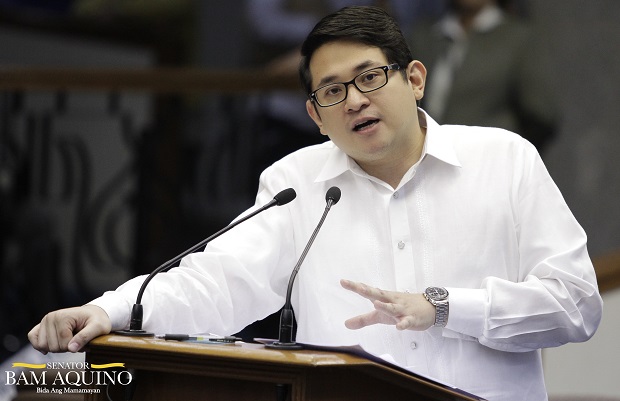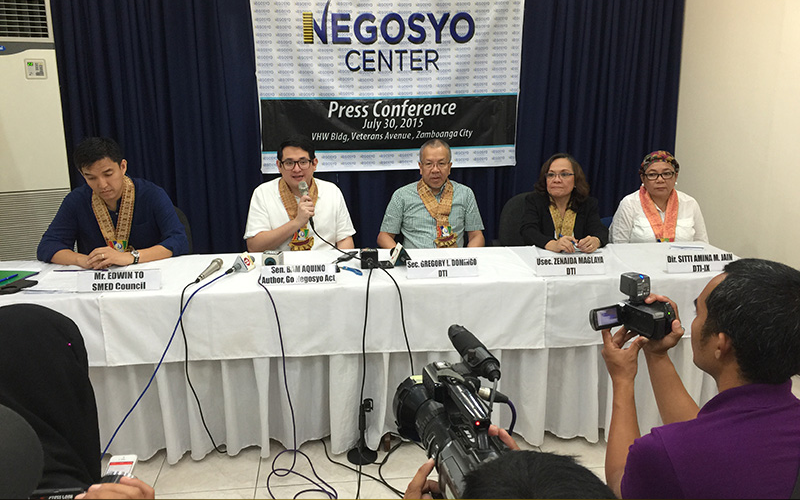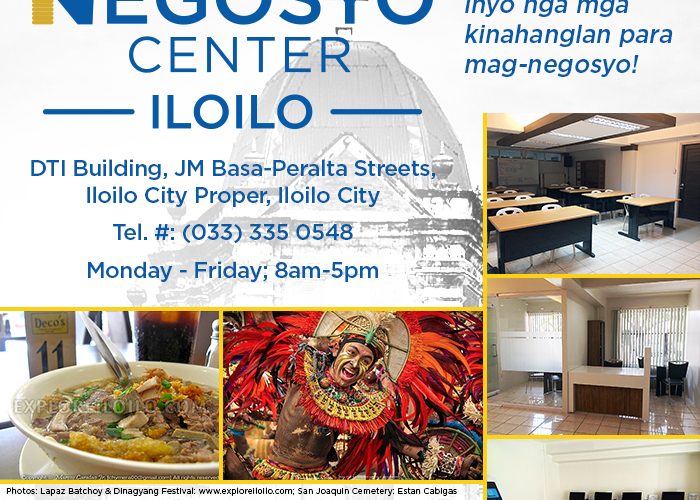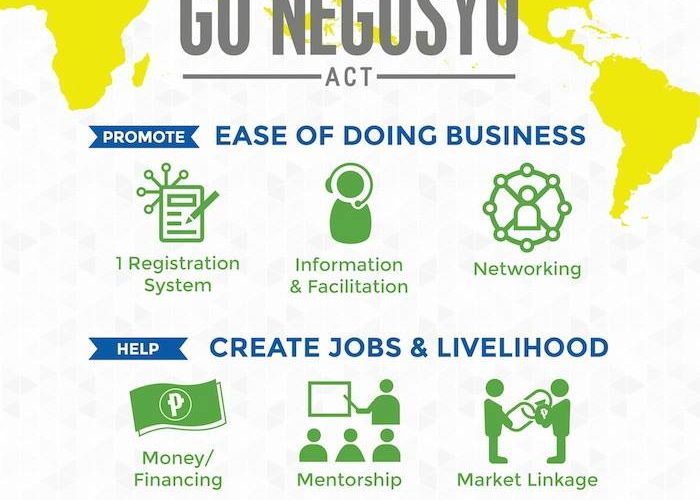Senate Bill No. 169: Small Business Tax Reform Act
The key to achieving prosperity for impoverished Filipino families is a strong micro, small and medium enterprise sector. A strong MSME sector also, in turn, strengthens a country’s economy and guards against foreign financial crises.
Currently, MSMEs already account for roughly 32-35% of the country’s GDP. Sadly, despite the growth in number of small enterprises in the Philippines, few are able to sustain their operation and create long-term success.
For this reason, our office has pushed for a number of policies to improve the support system for this vital sector and we will continue to do so until our country’s business environment is ripe for local entrepreneurs to succeed.
This particular legislation deals with the tricky subject of taxation.
According to a joint study by PwC and the World Bank, Paying Taxes 2016, the Philippines is on the 126th spot out of 189 economies in Ease of Paying Taxes.
This must change, which is why we are asserting the Small Business Tax Reform Act as a measure to simplify tax procedures and unburden our small businesses of the complex tax process.
Proposed measures include a simpler bookkeeping, a special lane and assistance desk for small businesses, exemption from tax audit, annual filing of returns, and payment in installment.
This bill also proposes the lowering of the income tax rate for small businesses and an exemption from VAT, among other methods of stimulating growth in small businesses as opposed to hindering it.
Let’s streamline our tax system and boost the chances of our local enterprises to succeed and, in turn, generate prosperity and livelihood for more and more Filipinos.




Recent Comments